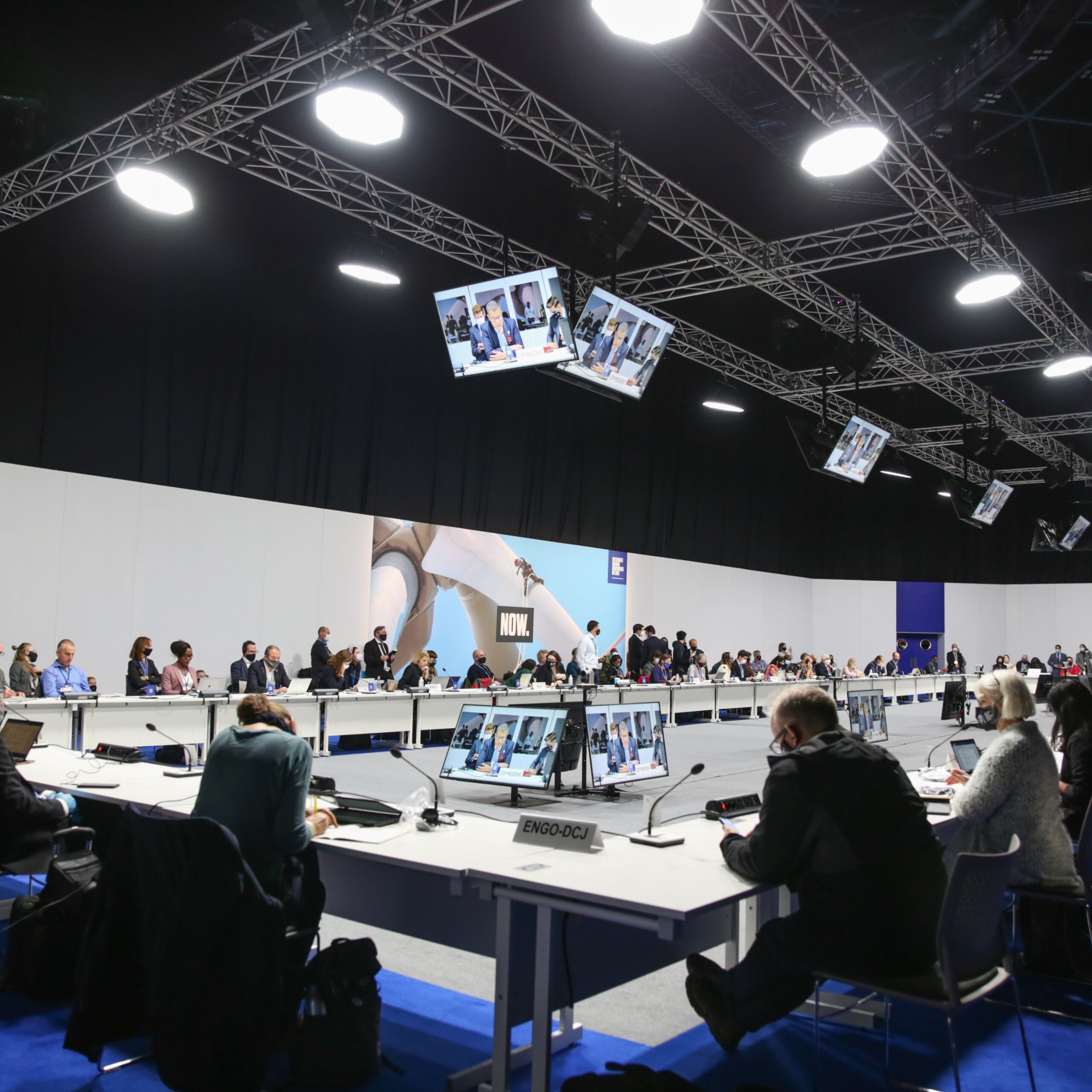
Urgenda Against The State Of The Netherlands
As it hasn’t sufficiently reduced greenhouse gas emissions, the Netherlands couldn’t fulfill its duty of care towards its citizens, neither under Dutch Tort Law nor from a Human Rights perspective. According to the issuing courts there is a sufficient causal link between the greenhouse gas emissions of the Netherlands, global climate change, and the Dutch living environment, even if these emissions are relatively small. The courts played an important role in this case and were able to interfere in policy matters (despite the separation of powers) as they only set the required mitigation outcome but no specific measures on how to reach this outcome.









